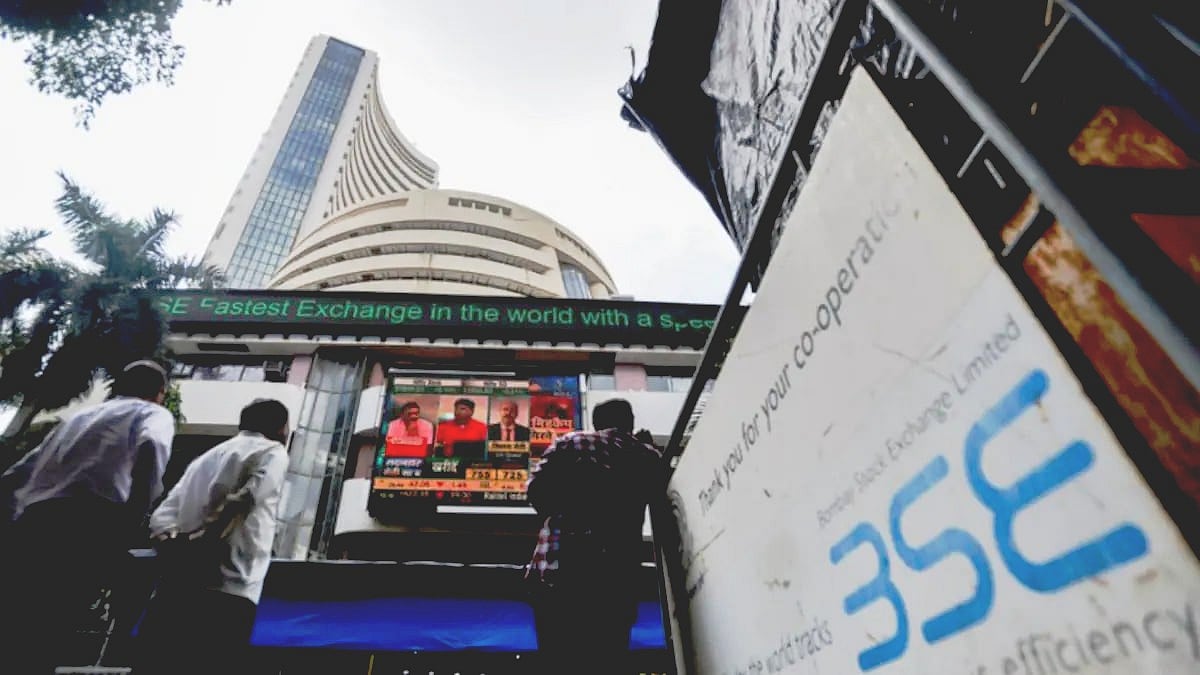The Indian equity markets have expanded slowly over the years, with a steady increase in their footprint in the most populous country in the world. But this growth and the omnipresent nature of the investment landscape were not always the same. This is because there was a trigger point.
Pandemic The Trigger Point
Zerodha co-founder and company CEO Nithin took to X to give a detailed look into the developments at Dalal Street.
In his post, Kamath said, “We started Zerodha in 2010, and in the first decade or so, I kept wondering, “When would the Indian capital markets expand?” and what would the trigger be?”
According to Kamath, this trigger came to pass when the whole world almost came to a standstill.
“My question was answered in 2020, and the trigger was a global pandemic. 😬 In the 5 years since 2020, the Indian markets have grown more than the preceding decade and a half.”, added Kamath.
According to his research, this growth was across the board, from unique investors, new SIPs, and IPOs to liquidity.
Change After The Boom
“In my 14 years of being a stockbroker, I can confidently say that the Indian stock market has never been more mainstream than it is today. There seems to be a transition after 5 years of the bull market but that is to be expected.”, added Kamath.
In order to better understand the changing landscape after the growth spurt in 2020 and the 5 years after that, Kamath put together a Capital Markets Yearbook.
The idea with this yearbook is for it to be the definitive guide to understanding everything about the Indian financial markets.
The yearbook includes charts and tables of all the segments of the Indian capital markets across equities, debt, forex, commodities, asset management, and more. The idea is to attain a comprehensive overview of the Indian capital markets.
Promoter Ownership On Rise?
Some of the key highlights discovered through the study include finding that promoter holding in NSE companies contradictory his own expectation had not declined. In fact, they had steadily increased over the years.
In the chart below, it is shown that promoter holding in NSE companies has seen a rise in the past few years, with promoter holding for said companies reaching 51.5 per cent.

Zerodha
Kamath also presented two other charts in his post, which indicated the overwhelming effect of inflation on Nifty returns.

According to the yearbook, inflation is the biggest drain on investment returns and the above chart demonstrates that. Between July 1990 to December 2024, while the Nifty Index has increased by 68 times, adjusted for inflation, the Nifty Index has increased a relatively modest 6.8x.
